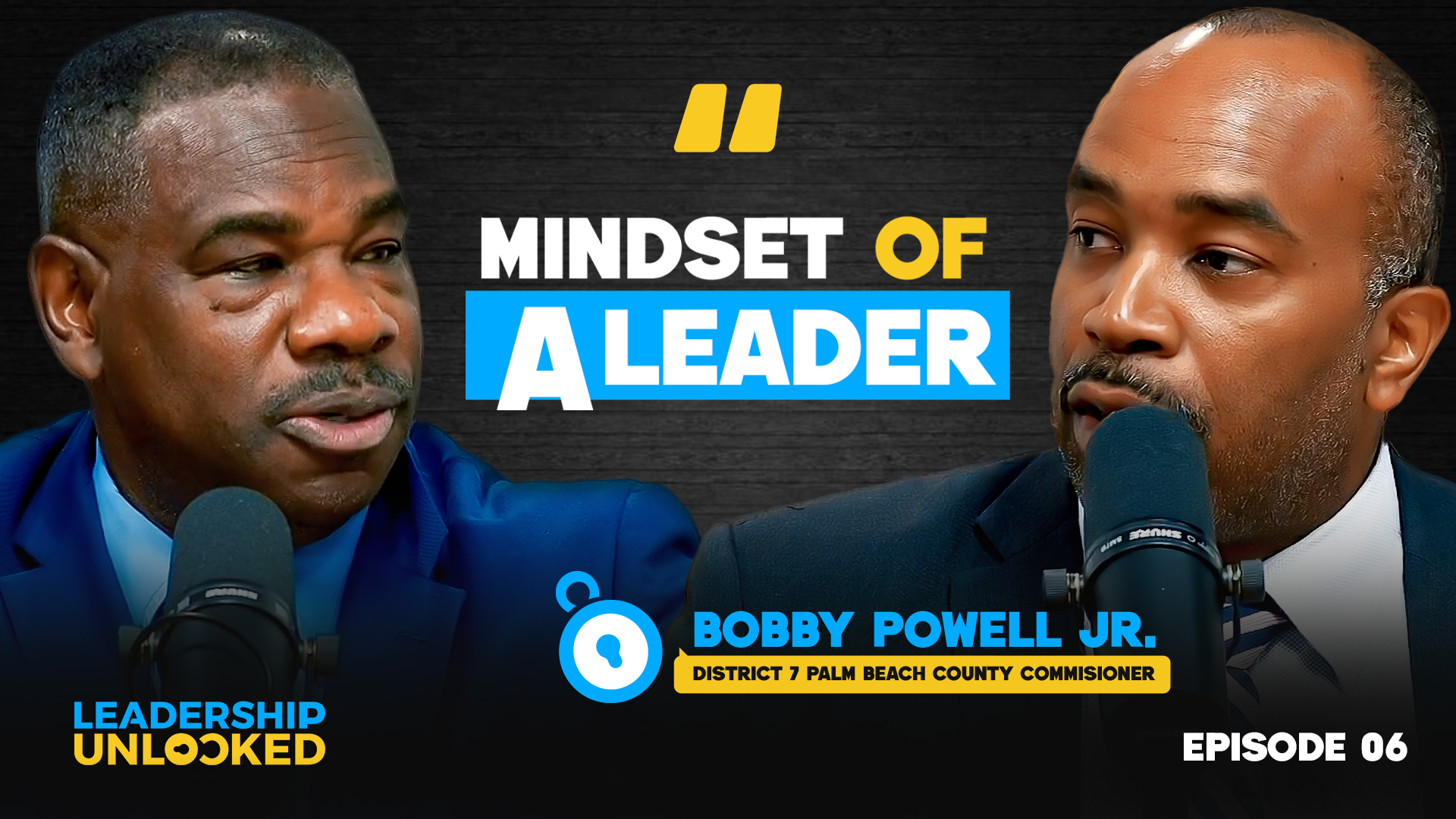The Future of Sports Medicine: A Conversation with Dr. Brian Coleman
Leadership Unlocked, hosted by George Lockhart, kicked off its second episode with a powerful guest: Dr. Brian E. Coleman, a nationally respected orthopedic surgeon specializing in foot, ankle, and hip care. With more than 30 years of medical practice, Dr. Coleman not only brings expertise in sports injuries but also serves as president of the T. Leroy Jefferson Medical Society, the largest Black medical society in Florida.
From his perspective on cutting-edge treatments to his commitment to mentorship and equity in healthcare, Dr. Coleman’s insights highlight how leadership and medicine intersect to create a better future for athletes and the community.
How Sports Medicine Has Evolved
In the past, injuries like ACL tears and Achilles tendon ruptures often ended athletic careers. Today, advanced surgical techniques, faster recovery timelines, and innovations like minimally invasive procedures mean athletes, and even weekend warriors, can return to activity sooner than ever before.
Dr. Coleman emphasized the importance of prevention and preparation:
Many injuries in middle-aged athletes come from undertraining or “weekend warrior” habits.
Prehabilitation (“prehab”) strengthening before surgery or competition, significantly improves recovery outcomes.
Technology, including motion analysis tools and AI-driven platforms, now helps predict injuries before they happen.
Regenerative Medicine: Healing from Within
One of the most exciting areas of sports medicine, according to Dr. Coleman, is orthobiologics — treatments that use the body’s own cells to heal injuries. These include:
PRP (Platelet-Rich Plasma): Using concentrated platelets from a patient’s own blood to treat arthritis, tendonitis, or ligament injuries.
Stem Cells: Harvested from bone marrow or fat tissue, stem cells promote powerful healing and regeneration.
Amniotic Fluid Therapies: Early treatments derived from placental tissue.
The challenge? Insurance companies still label these treatments as “experimental,” leaving patients to pay out of pocket — often thousands of dollars. Still, for many, the chance to avoid surgery and downtime makes regenerative medicine worth it.
“If I can get 75 to 80% improvement, then I’ll pay $2,500 — because I’d spend that much on my deductible anyway.” – Dr. Coleman
Leadership Beyond Medicine
Dr. Coleman’s leadership extends beyond the operating room:
As president of the T. Leroy Jefferson Medical Society, he mentors young physicians and helps underserved communities navigate healthcare.
He is the incoming Medical Director of the Wellington Sports Academy, one of Palm Beach County’s largest athletic projects, where he will oversee programs that provide athletes of all backgrounds access to world-class care.
His vision is to bridge the gap so that cutting-edge treatments aren’t limited to the wealthy, but available to every athlete who needs them.
“I’m trying to create vehicles and mechanisms for everyone to benefit equally from what is out there. That’s my vision.” – Dr. Coleman
Final Takeaway
From advanced injury recovery to regenerative medicine and mentorship, Dr. Brian Coleman embodies what it means to lead at the intersection of innovation, equity, and community health. His work reminds us that leadership is not only about being at the cutting edge of science — but also about ensuring those advances are accessible to everyone.





